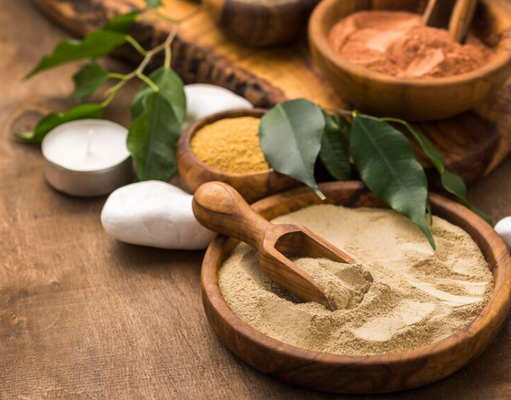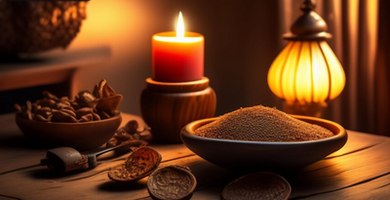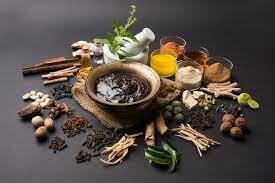
As the leaves change color or the air fills with the scent of spring, our excitement for a new season is often tinged with the worry of potential health risks associated with these transitions. Ayurveda, the ancient Indian system of medicine, offers a treasure trove of wisdom that can help us mitigate these risks by aligning our lifestyles with the rhythms of nature. Here’s how you can use Ayurvedic principles to stay healthy through the changes of seasons, with special attention to diet, lifestyle, and care tips for children.
Understanding the Ayurvedic Clock
Ayurveda teaches that the world is governed by three fundamental energies or doshas: Vata (air and space), Pitta (fire and water), and Kapha (earth and water). Each season enhances different doshas, and understanding this can help us prevent common seasonal ailments by adjusting our diet and lifestyle accordingly.
Winter: Nourish and Warm
Winter is characterized by cold, dry weather, which aggravates Vata. To counter this, Ayurveda recommends a nourishing and warming diet. Incorporating ayurvedic diet principles during winter involves eating foods that are oily, heavy, and warm. Think hearty soups, stews, and teas infused with ginger, cinnamon, and turmeric. Root vegetables, cooked fruits, nuts, and whole grains are excellent during this season. Also, consider adding a little extra ghee or oil to your diet to keep the internal system lubricated and warm.
Lifestyle Tip: Keep your body warm and avoid exposure to cold winds. Gentle, warming exercises like yoga and short walks can be beneficial. Also, make sure to get enough sleep, as the longer nights are nature’s invitation to rest and rejuvenate.
Summer: Cool and Hydrate
In contrast, summer enhances Pitta with its hot and intense energy. To stay balanced, opt for a cooling ayurvedic diet. Favor sweet, bitter, and astringent tastes — think salads, fresh fruits, and natural yogurt. Foods like cucumbers, watermelons, peaches, and plenty of leafy greens help cool the body and prevent inflammation. Avoid excessive hot, spicy, or acidic foods which increase Pitta.
Lifestyle Tip: Engage in cooling activities such as swimming, and wear loose, breathable clothing. Limit sun exposure during peak hours to prevent overheating and sunburn.
Ayurveda for Children: Avoiding Rashes and Irritations
Season changes often bring discomfort for children in the form of skin rashes and irritations, particularly during hot weather when Pitta is dominant. To help prevent these, dress children in natural fabrics like cotton, which allow the skin to breathe and reduce irritation. Incorporate plenty of cooling foods in their diet and ensure they stay hydrated with water and hydrating fruits.
Ayurvedic Remedy: Aloe vera gel is excellent for soothing rashes. Applying a thin layer on affected areas can provide immediate relief. Also, bathing children in water infused with neem leaves can help prevent and treat skin irritations.
Seasonal Routines are Key
Maintaining a regular routine is vital in Ayurveda and becomes even more crucial with changing seasons. Adjust your and your children’s sleeping patterns, meal times, and exercise routines gradually as seasons transition. This helps the body to adapt smoothly and strengthens the immune system.
Integrating Ayurveda into Daily Life
Integrating Ayurveda into your daily life doesn't have to be overwhelming. Start with simple changes in diet and lifestyle that correspond with the seasonal energy. As you become more attuned to the needs of your body with each passing season, these practices will become second nature.
Embracing Ayurveda’s holistic approach can profoundly affect your health and well-being, allowing you and your family to enjoy each season to its fullest, free from the worry of health risks that often come with seasonal changes. Find Ayurveda Practitioners near you.
Note: The information in this article is intended for your educational use only and is not a substitute for professional medical advice, diagnosis, or treatment. Always seek the advice of your physician or other qualified health providers with any questions you may have regarding a medical condition and before undertaking any diet, supplement, fitness, or other health programs.





